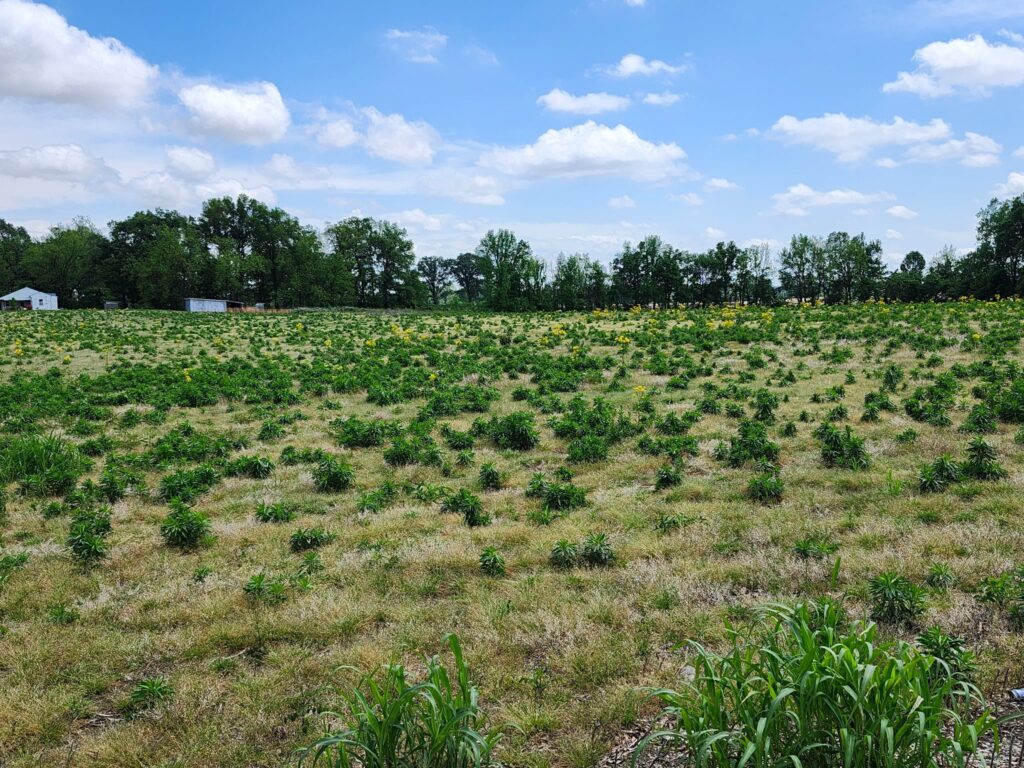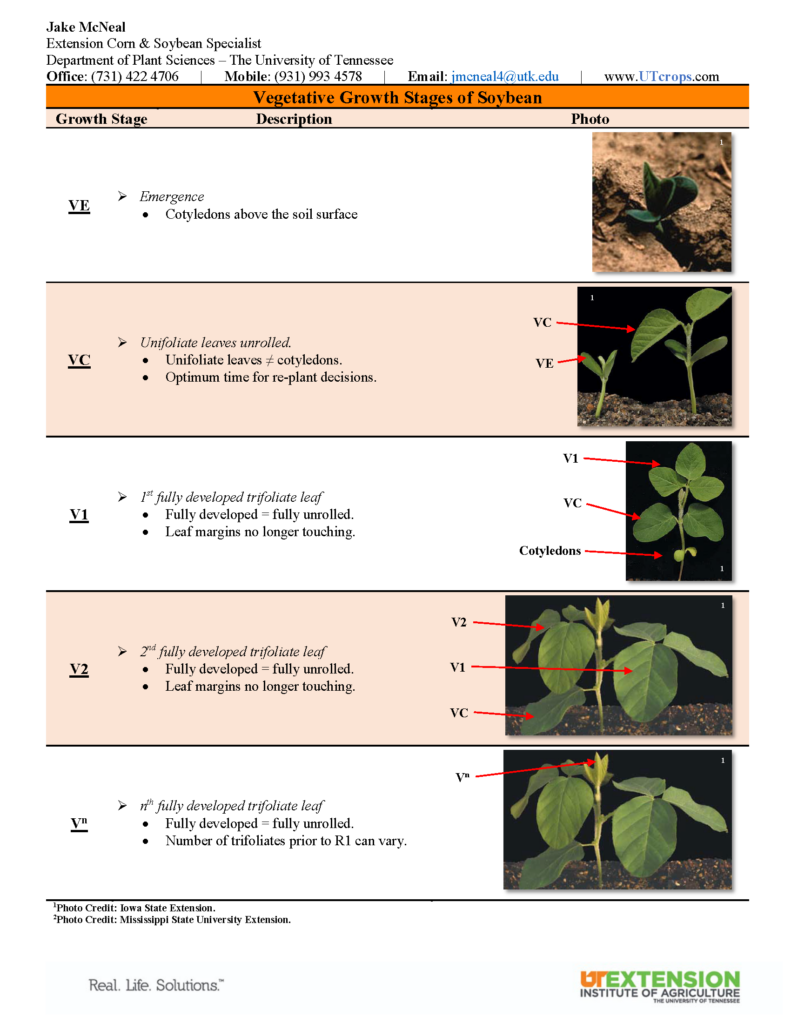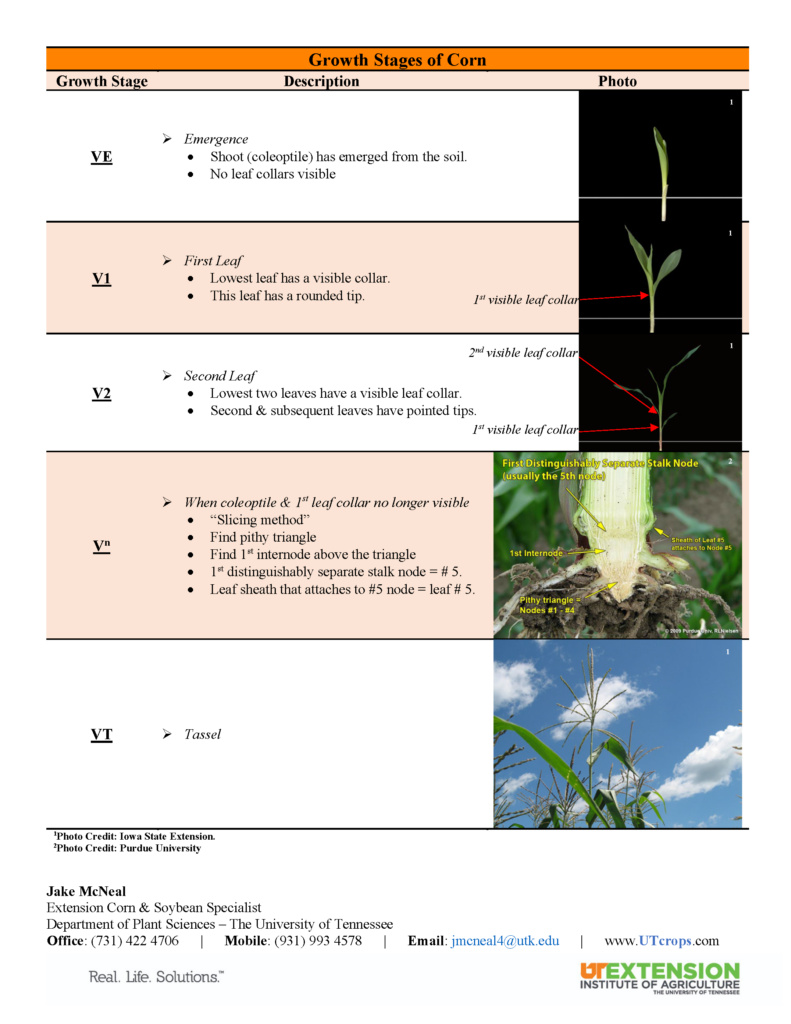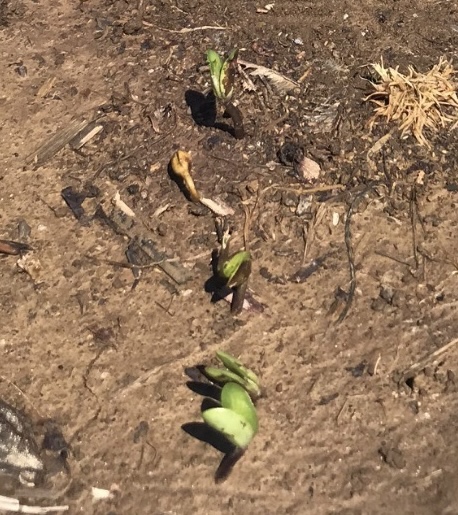ThryvOn: ThryvOn is Bayer’s Bt technology that has activity on thrips and plant bugs. ThryvOn cotton varieties are very effective against thrips and it is not anticipated that any fields will need foliar treatments. ThryvOn will still have thrips present (adults and immatures) but insecticide applications should not be triggered on thrips numbers but damage level (Fig 1.). Applications should be initiated when plant damage is approaching 3 in figure 1. That being said, I’ve evaluated ThryvOn varieties for several years under excellent and terrible growing conditions and I as well as my colleagues across the cotton belt, have never recommended a foliar spray for thrips.
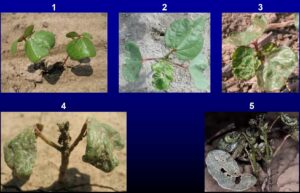
Insecticide Seed Treatments (ISTs): ISTs are the predominate control method for thrips in cotton. IST performance can be highly variable depending on weather conditions and thrips pressure. High thrips pressure and poor growing conditions will often necessitate the use of foliar sprays even with ISTs. Seed treatment packages typically come in a base (storage rate of imidacloprid + fungicide) and field rates of imidacloprid (these have several names) + fungicides, others may have nematicides, biologicals etc. Base treated seed may as well have no insecticide, the small stored product rate will offer almost no control of insects in the field. Standard options of imidacloprid (0.375 mg ai/seed) are the minimum needed for insect control in field cotton.
In-furrow: In-furrow liquid applications of imidacloprid are more effective than seed treatments; however, resistance development to neonicotinoids are diminishing the efficacy of imidacloprid in-furrow. Fields with in-furrow imidacloprid may still require a foliar spray under heavy thrips pressure. Granular AgLogic (aldicarb 15G) is highly effective against thrips populations and works like aldicarb should.
Foliar Spray Options: My recommendations are going to be limited for foliar sprays. Based on ongoing tobacco thrips resistance monitoring, to organophosphates (OPs), started by Scott Stewart several years ago, I am hesitant to recommend Orthene or Bidrin for thrips sprays. Resistance levels, in assayed populations from West TN, and the number of complaint calls I received last year are a good indication that OPs have limited use against our tobacco thrips populations. There may be areas where OP’s worked last year but it’s hard to say if they will work this year. That being said, Intrepid Edge at 3.0 fl oz/a is my go to for foliar thrips control. Although more expensive than the OPs, Intrepid Edge runs no risk of flaring mites or aphids and a surfactant has shown to increase efficacy (herbicide surfactants will work if you’re co-applying). Recolonization vs failure is another subject with foliar sprays. Presence of adults doesn’t mean the application didn’t work, adult thrips are always present on seedling cotton. Presence of immature thrips means adults are feeding and laying eggs and whatever control method you used is broken.
I am big believer in NCSU’s thrips predictor model https://products.climate.ncsu.edu/ag/cottontip/. We utilize the model to target planting when thrips numbers are highest, growers would do the opposite. Model runs for locations around West TN show that cotton planted May 1st through the 15th have a low to medium probability of experiencing large thrips populations. This is hopefully a welcome relief from years of cold, wet springs with large thrips populations plaguing our cotton. The warm weather will help germinate cotton quicker and standard ISTs may be enough to push us to the 4 true leaf stage (when thrips are typically no longer a concern) without a foliar spray.


